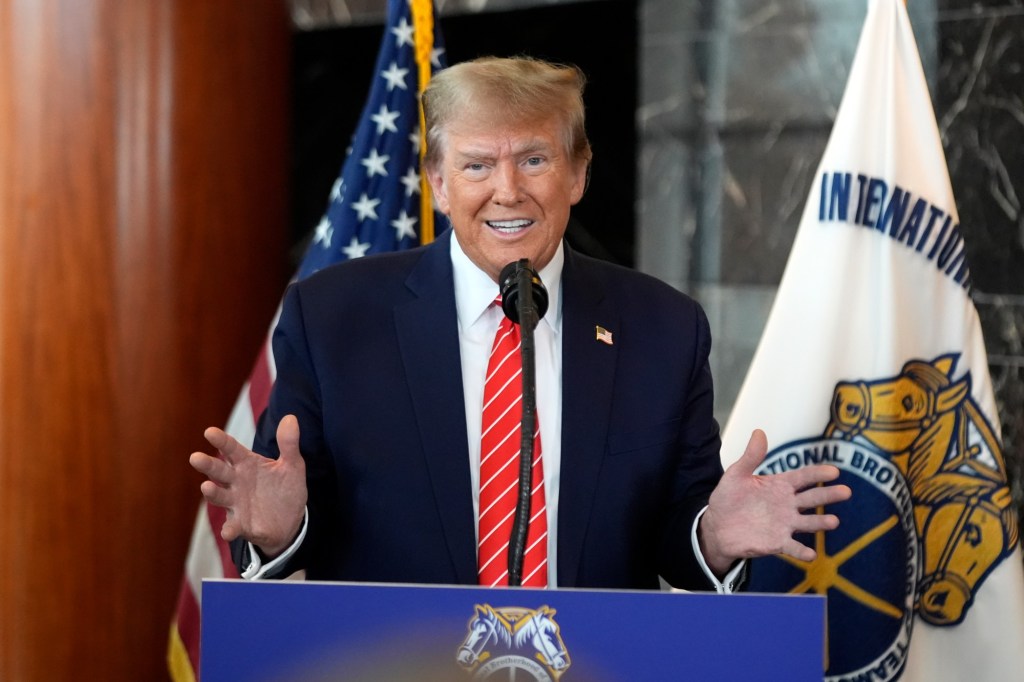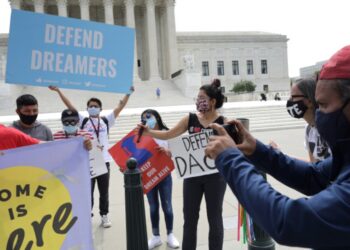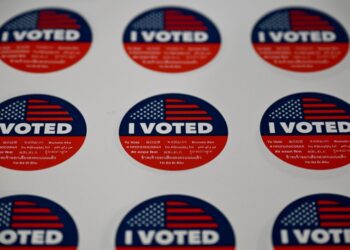By Jeremy Herb, Hannah Rabinowitz, Holmes Lybrand, Marshall Cohen, Katelyn Polantz and Devan Cole | CNN
A federal appeals court said Tuesday that Donald Trump is not immune from prosecution for alleged crimes he committed during his presidency, flatly rejecting Trump’s arguments that he shouldn’t have to go on trial on federal election subversion charges.
In a striking 57-page unanimous opinion, the panel of three DC Circuit judges wrote that the public interest in holding a potentially criminal president accountable outweighed any potential “chilling effect” on the presidency.
“We cannot accept that the office of the Presidency places its former occupants above the law for all time thereafter,” the opinion says.
“Former President Trump lacked any lawful discretionary authority to defy federal criminal law and he is answerable in court for his conduct,” the judges added.
Trump has pledged to appeal and has until Monday to ask the Supreme Court to temporarily block the ruling.
It’s not certain how long the Supreme Court could take to consider such a request or an appeal, which would come as special counsel Jack Smith seeks to bring Trump to trial. An early March trial date has already been postponed.
Here are the key takeaways from Tuesday’s decision:
Presidents do not have ‘unbounded authority to commit crimes’
Throughout their opinion, Judges Karen LeCraft Henderson, Florence Pan and J. Michelle Childs repeatedly eviscerated Trump’s alleged behavior after the 2020 presidential election as unpresidential and constituting an assault on American institutions.
Trump’s stances in court, the judges wrote, stand in contrast to the principle that all Americans – including former presidents – are subject to the same laws.
Childs and Pan were appointed by President Joe Biden. Henderson was appointed by former President George H.W. Bush.
Trump’s behavior after the 2020 election could be criminal
The judges were clear that the…
Read the full article here







